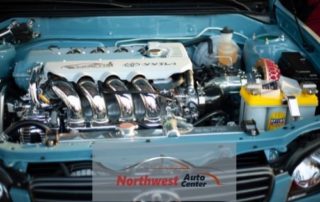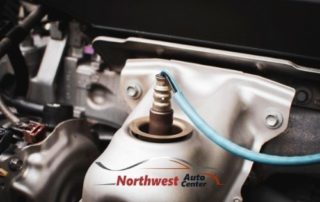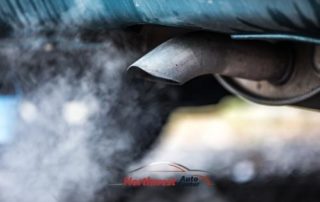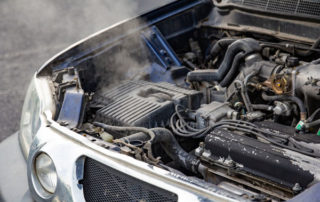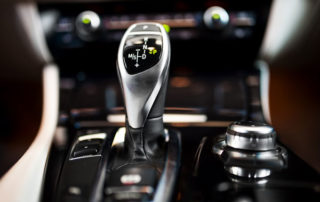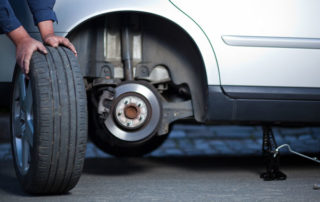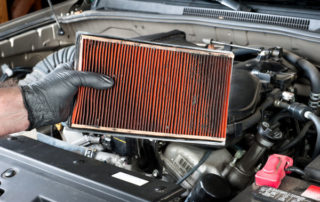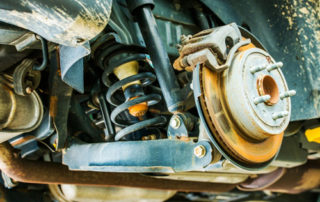Diesel vs. Gasoline
We all know that gasoline and diesel fuels are different. We know not to put diesel into a gas engine and vice versa. But, do we know the "whys" behind that rule? When it comes to diesel vs. gasoline, not only are the fuel types different, but the respective engine types are different. And each fuel engine comes with its benefits as well as disadvantages. Diesel vs. Gasoline Gasoline engines were invented in 1876 and were ground-breaking — but they weren't efficient. The four-stroke combustion engine only utilized 10% for the fuel, while the other 90% produced heat and burned off. So, in 1892, Rudolf Diesel created the combustion power engine (also known as the diesel engine). While gasoline engines have had many technological advances that led them to be more efficient than the original model, they operate slightly differently from their diesel engine counterparts. Diesel and Gasoline Engine Differences Both engines use internal combustion, with cylinders compressing air and fuel mixtures to create mechanical energy turned into motion [...]


